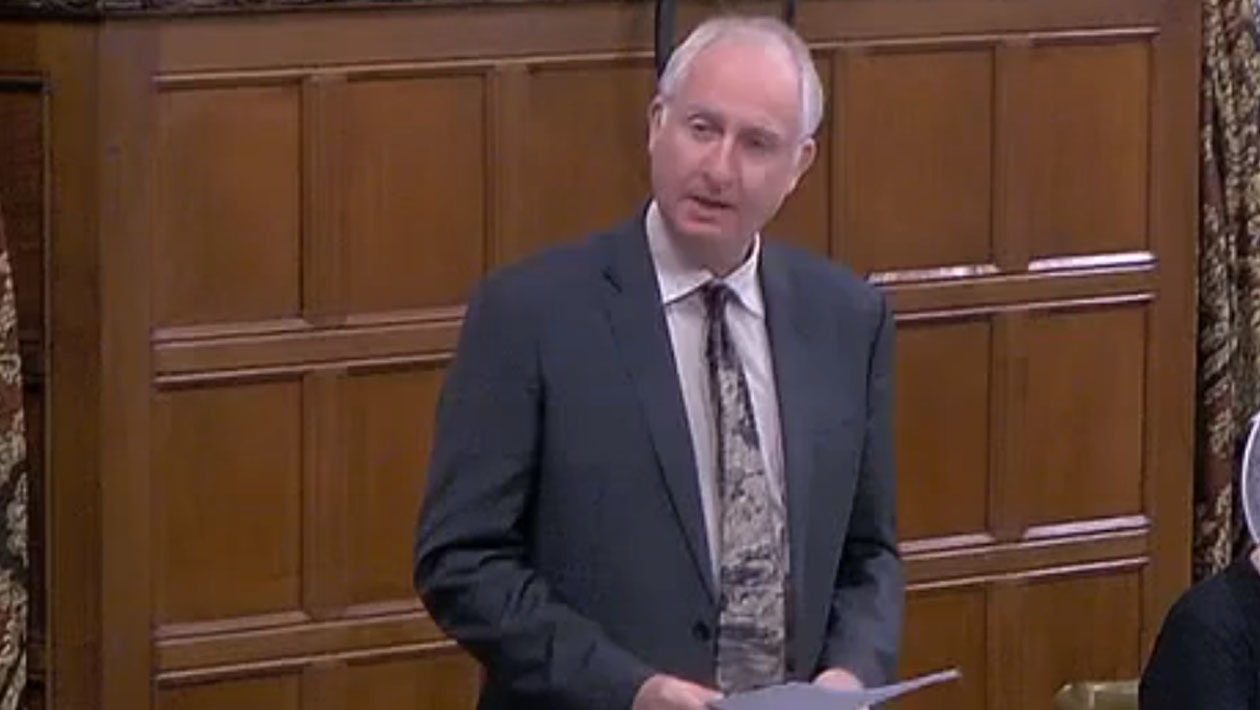This petition was submitted during the 2017-2019 parliament
Petition Prevent avoidable deaths by making autism/learning disability training mandatory
My son Oliver was only 18 when he died in hospital on 11 Nov 2016. I believe his death could have been prevented if his doctors and nurses had received mandatory training. He had autism and a mild learning disability, and they weren't trained to understand how to make reasonable adjustments for him.
More details
1 in 4 healthcare professionals has never had training on learning disability or autism. This is unacceptable. Two thirds want more training, and 1 in 3 think a lack of government leadership is contributing to the problem of avoidable deaths. The Government must ensure all healthcare professionals get mandatory training to address the huge health inequalities facing people with autism and a learning disability. For more information search for: LeDeR report 2018; CIPOLD 2013; Treat me well 2018.
This petition is closed This petition ran for 6 months
52,148 signatures
Show on a map the geographical breakdown of signatures by constituency
100,000 signatures required to be considered for a debate in Parliament
Parliament debated this topic
Government responded
This response was given on 25 July 2018
We want all staff to receive the support, training and professional development they need to support people with learning disabilities and autism, in line with employers’ existing responsibilities.
Read the response in full
Our deepest sympathies are with Oliver’s family for their loss.
Everyone has the right to high quality, safe health care so it is crucial that all health workers are given the skills and education to confidently deliver care that meets the needs of all their patients. This is a priority for the Government.
All employers have a clear legal responsibility to make sure that staff are competent to perform their role as set out in the Health and Social Care Act 2008 (Regulated Activities) Regulation 2014; regulation 18.
To support a consistent approach to learning disability education and training, the Department for Health and Social Care commissioned Skills for Health and Health Education England to develop a Core Skills Education and Training Framework. Published in July 2016, the Framework, which sets out the essential skills and knowledge needed for all staff working with people with a learning disability in health and social care settings, is structured in three tiers, or levels of training, to reflect the different levels of knowledge specific roles would require.
Tier one, which is relevant to the entire health and care workforce including ancillary staff, concerns general awareness skills and attitudes.
Tier two is aimed at developing the knowledge and skills of staff that are likely to have regular contact with people with a learning disability.
Tier three is aimed at enhancing the knowledge, skills and attitudes of key staff and is relevant to those who are managing care and support services for people with a learning disability.
Employers and/or commissioners of education should use the Framework as guidance for the development and delivery of appropriate and consistent education and training, as well as for identifying the skills needed for particular roles in line with their legal responsibilities. By doing so, this will result in safer and more effective practice.
To ensure that health and care staff also have appropriate knowledge and awareness of autism, the Department of Health and Social Care has commissioned the development of a Core Skills and Competency Framework for Autism, which will be in line with the tiered approach adopted by other core skills frameworks. The development of this framework is expected to improve the availability of general awareness training to all staff across the health and care system and wider public services to equip them to offer appropriate support to autistic people (Tier 1), as well as developing and enhancing the knowledge, skills and attitudes for roles that have regular contact with autistic people (Tiers 2 and 3).
The recent annual report of the Learning Disability Mortality Review (LeDeR) Programme highlighted that people with a learning disability are still dying prematurely due to avoidable factors. We recognise that more is needed to address this profound inequality.
As outlined by Caroline Dinenage, the Minister of State for Care, on 23 July, the Department is working with NHS England and other system partners to agree actions for each of the nine recommendations; the Government’s response will be published after summer recess (House of Commons Written Statement 906, https://www.parliament.uk/business/publications/written-questions-answers-statements/written-statement/Commons/2018-07-23/HCWS906/).
Department of Health
